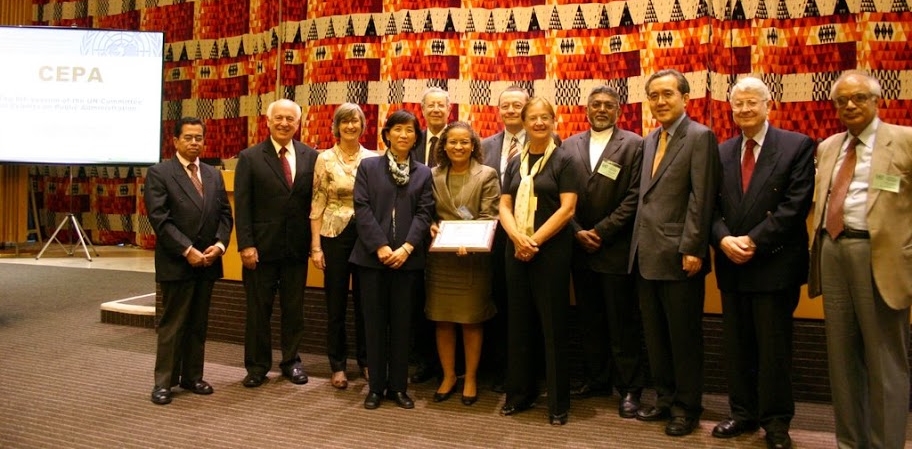The Committee of Experts on Public Administration held its eighth session at the United Nations in New York from 30 March to 3 April 2009. Its theme was “The human factor in capacity-building and development”.
Report
Arabic | Chinese | English | French | Russian | Spanish
Subtopics | Major recommendations/conclusions |
Human resources management regime | Member States need to strengthen the institutional and human capacities of public services to enable them to provide more and better services to meet the national development objectives and the internationally agreed development agenda, including the Millennium Development Goals (MDGs). The Secretariat needs to put more emphasis on capacity-building for effective human resources management and development. |
Accountability, transparency and citizen trust in government | Member States need to review governance and public administration institutional arrangements, structures, systems, and practices to make them more conducive to civic engagement, transparency and accountability as key components of trust, which is critical for achieving the MDGs. Because accountability is crucial for government performance, Member States need to strengthen the cognitive and participatory capacities of their citizens; the professional and advisory capacities of intermediary organizations; and the learning and analytical capacities of governments and public managers. The Secretariat should support the deepening of understanding and the transfer of knowledge to enhance the importance of institutions and human resources capacity-building, while working to underline the importance of civil society and citizen participation. |
Serving the information age | Given the potential power of information and communications technology in improving the delivery of public services and the creation of knowledge, Member States need to anchor capacity-building in the public service via, inter alia, the application of appropriate information and communications technology (ICT). Both donors and multinational information technology companies should increase their financial support to developing countries in order to build their ICT capacities. The Secretariat should increase the provision of online training using UNPAN as an efficient and cost-effective tool of human resources capacity-building. |
Leadership and learning | Member States need to:
The UN should recognize and promote the regional centres of excellence that can offer medium to long-term training and promote cooperation among governments of given regions. Such activities can help in building hard technical skills and human capacities while promoting partnerships among public administration bodies. |
Annual Ministerial Review Theme | Major recommendations/Conclusions |
Implementing the internationally agreed goals and commitments in regard to global public health | Member states should:
|
 مرحباً بكم في الأمم المتحدة
مرحباً بكم في الأمم المتحدة 
